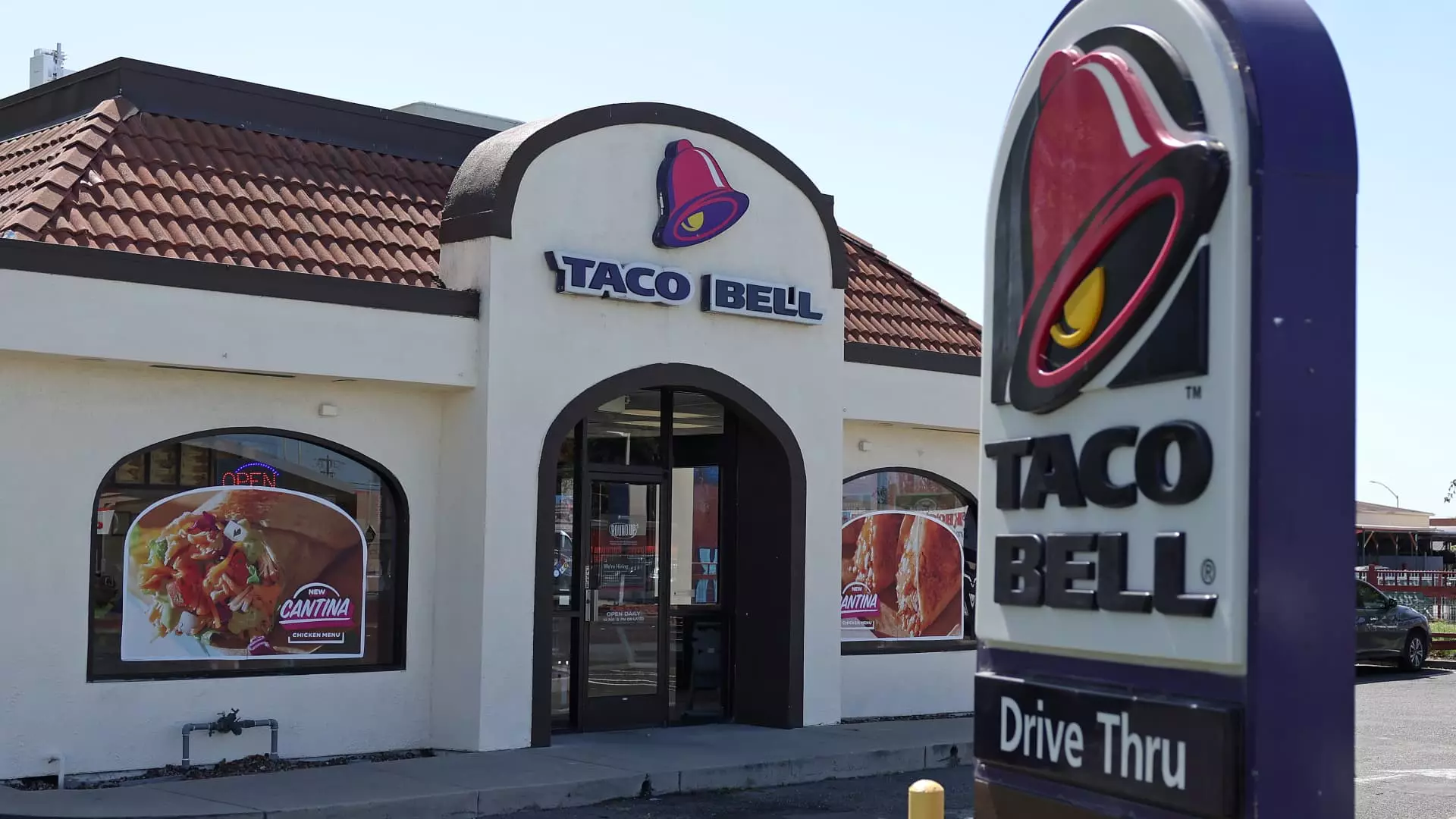A recent E. coli outbreak has not only shaken consumer confidence but also prompted significant response actions from major fast-food franchises, impacting food supply chains in unforeseen ways. Yum Brands, which owns Taco Bell, KFC, and Pizza Hut, initiated a proactive measure by withdrawing fresh onions from select restaurants. This decision arose amid heightened concern surrounding the outbreak, which has thus far resulted in one fatality and around 49 confirmed infections across multiple states including Nebraska, Colorado, and Wyoming. By removing onions, Yum Brands hopes to avert any potential health risks associated with the outbreak, reflecting a growing priority among foodservice companies to prioritize food safety.
In a statement to CNBC, a Yum Brands spokesperson emphasized their commitment to food safety, highlighting how the fast-food giant is closely monitoring the situation and responding in accordance with supplier and regulatory guidelines. This move indicates not just a reactive stance to an immediate crisis, but also a strategic approach to maintain consumer trust. However, it raises questions about the clarity and thoroughness of the supply chain information available to these companies. The link to the outbreak seems to originate from U.S. Foods and Taylor Farms, both distributors for various fast-food entities.
The investigation led by health authorities expects to determine the specific cause of the outbreak primarily linked to McDonald’s Quarter Pounder hamburgers. With a significant number of individuals having consumed these burgers before falling ill, much of the scrutiny is trained on the fresh ingredients, namely, the beef and fresh onions sourced from the same facility. Of particular interest is how McDonald’s tightly controls its supply chain to ensure the quality and safety of its food across its vast number of locations. The company revealed that affected onions originate from a single facility that handles washing and slicing, highlighting that the source can often be pinpointed to a specific point in the supply chain.
As the CDC continues to track and trace the outbreak, the responses from both McDonald’s and Yum Brands illustrate the delicate balance companies must maintain between operational efficiency, customer safety, and public perception. The cascading effects of such health incidents extend beyond immediate food recalls, leading to further investigations and potentially altering consumer habits surrounding fast-food dining.
Furthermore, the underlying issues of food safety regulations and the responsibilities of suppliers scrutinized — especially companies like Taylor Farms that have remained silent when approached for comments — come into focus. The complexity of such situations reinforces the critical need for transparency in the food supply chain, as consumers increasingly expect assurances of quality and safety through every ingredient of their meals.
Moving forward, it is imperative for fast food brands to not only adhere strictly to food safety protocols but also communicate effectively with consumers about their preventive measures. The onion recall serves as a reminder of the fragility of the food supply chain and the significant implications of foodborne illnesses on public health and safety. As investigations continue, the industry must collectively work toward strengthening protocols to ensure consumer health and confidence remains intact.

Leave a Reply